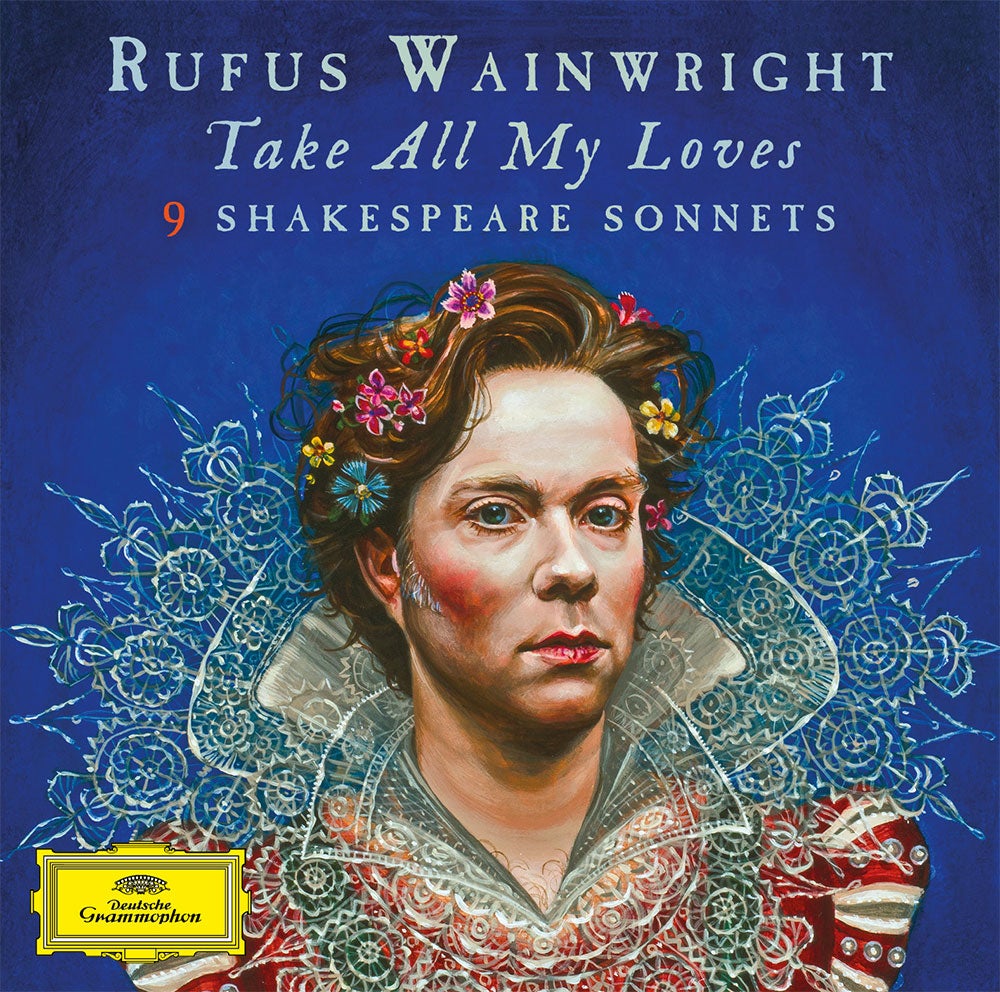Your support helps us to tell the story
From reproductive rights to climate change to Big Tech, The Independent is on the ground when the story is developing. Whether it's investigating the financials of Elon Musk's pro-Trump PAC or producing our latest documentary, 'The A Word', which shines a light on the American women fighting for reproductive rights, we know how important it is to parse out the facts from the messaging.
At such a critical moment in US history, we need reporters on the ground. Your donation allows us to keep sending journalists to speak to both sides of the story.
The Independent is trusted by Americans across the entire political spectrum. And unlike many other quality news outlets, we choose not to lock Americans out of our reporting and analysis with paywalls. We believe quality journalism should be available to everyone, paid for by those who can afford it.
Your support makes all the difference.
Shakespeare’s sonnets are an interpretive minefield for composers, which Rufus Wainwright negotiates quite nimbly on this selection, his first collaboration with producer Marius De Vries since the lush pair of Want albums. There’s a keen appreciation of mood and meaning throughout, from the wistful yearning of “A Woman’s Face” to the pounding guitar rock of “Unperfect Actor”, delivered by Rufus and his sister Martha as if fronting Queens Of The Stone Age, an apt vessel for “some fierce thing replete with too much rage”.
Initially prompted by earlier commissions from Robert Wilson and the San Francisco Symphony, Wainwright’s orchestrations provide the base for interpretations by singers such as Florence Welch and most notably Anna Prohaska, often preceded with recitations by actors such as Helena Bonham Carter, Sian Phillips and William Shatner - who delivers an unexpectedly brilliant, gripping account of “Th’Expense Of Spirit In A Waste Of Shame” prior to Prohaska’s windswept navigation of the album’s most turbulent arrangement.
Elsewhere, there’s a wave-like persistence to the orchestration of “When Most I Wink”, to which the contrast between lowering horns and eager, rising violin bestows an edge of latent hysteria; while Welch glides beautifully through “When In Disgrace With Fortune In Mens’ Eyes” upon a gently undulating pop melody befitting a lyric of shame redeemed by love.
One of the darker sonnets, “Tir’d with all these, for restful death I cry” is sung in German (as “All Dessen Müd”) over a rhapsodic torment of violin and piano which slips into Kurt Weill cabaret style - all very Weimar - but the most satisfying piece here is probably the title-track, for which Wainwright sets chugging strings and prickly synth against an odd telephone-style dischord pulse. His vocal melody and performance, however, is warm and involving, building depth through harmonies until a sudden dropout leaves piano cycling behind De Vries’ oaken recital, closing with Wainwright’s murmurous sussurus. All in all, a difficult task accomplished with no shortfall of style and invention.

Join our commenting forum
Join thought-provoking conversations, follow other Independent readers and see their replies
Comments